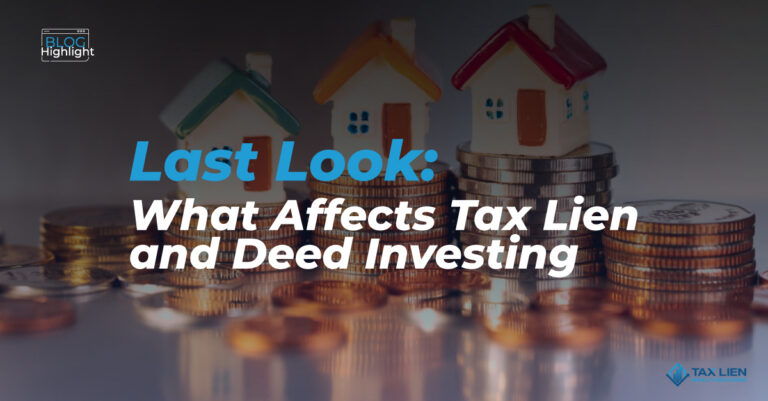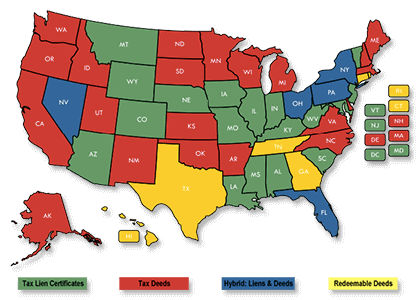All Categories
Featured
Table of Contents
If you have an interest in the tax obligation lien foreclosure procedure, you need to contact a lawyer so you understand and weigh the risks of this kind of investment. - investing in property tax liens
Tax obligation lien sales are one manner in which cities and regions try to redeem a few of the general public bucks they have actually invested keeping these residential properties abandoned by private proprietors. As we'll describe in this article,. When real estate tax are considered delinquent, regional governments normally concentrate on supplying notice of misbehavior and attempting to accumulate the unsettled quantities from the proprietor.
However, this process normally takes years. If a proprietor has actually left and is unwilling to pay tax obligations or keep the building, the city needs to invest tax bucks to maintain the residential property. These costsboarding up the building, cutting overgrown lawn and weeds, replying to fire and cops contacts the building, and moreadd up

Proprietors that have dropped on difficult times definitely require every initiative to keep them out of delinquency and in their homes. However typically, if the residential property is uninhabited and shabby, we should assume the owner has actually selected to abandon their rate of interest in the property and that they are "resistant" to pay (though conditions earlier while doing so may have forced their hand).
Investment Lien Tax
Take, as an example, a single-family home where the owner has actually time out of mind strolled away. For years the city government has had to action in and eliminate waste unloaded in the yard, board up the doors and home windows, and react to telephone calls about illicit task on the property. All these solutions cost the local federal government taxpayer dollars.
In many states, those prices can be gathered in the very same way as the unpaid taxes, yet not in all. In a tax obligation lien sale (or tax certificate sale) the regional federal government typically holds a public auction where the winning prospective buyer concurs to pay the most money for the right to impose the tax lien, beginning with a minimum quote of at least the taxes owned, plus suitable interest, fees, and expenses.

When a government offers the tax obligation lien they are typically selling to a private customer the city government's authority to gather the financial debt for upfront payment of the taxes owed. The purchaser's acquisition normally includes the capacity to make future rate of interest, as well as recover related charges and expenses sustained by the purchaser, if the homeowner pays the tax obligation debt.
This is, fundamentally, privatization of a core government feature: tax collection. Tax lien sales are particularly poor when it concerns uninhabited, deserted, and deteriorated properties because they lengthen the duration prior to a property can be moved right into the hands of a new, a lot more liable owner. Private tax obligation lien customers hold the debt, but they do not possess the titlethe lawful right to possession of the propertyand in many situations, they have no rate of interest in obtaining it.
High Yielding Investments In Tax Lien Certificates
Taking into consideration spending plan cuts, city governments in numerous states have actually reduced internal residential property tax collection and enforcement efforts and wanted to tax obligation lien sales as a fast mixture of income - investing tax liens (tax lien investing for dummies). Many counties choose or are mandated by the state to offer tax obligation liens due to the fact that it contracts out collection and often brings in very required cash money previously in the collection process
By transferring the local government's interest in and enforcement of the tax obligation lien to a personal customer, city governments shed a lot of their adaptability: versatility to get vacant buildings that the private market does not want, or to assist the proprietor avoid shedding their building. With vacant residential or commercial properties, there is a much higher chance that the personal buyer isn't curious about the residential property itself.
Tax lien sales can trigger injury in historically disinvested locations. In a depressed real estate market, less owners are able to retrieve the amount of the financial debt offered to a tax lien buyer. These areas are ripe for a different kind of tax lien investorspeculative proprietors seeking to get residential properties on the inexpensive by confiscating on the real estate tax lien, milking what little bit equity is left by renting a second-rate residential or commercial property to susceptible occupants, and then deserting the residential or commercial property when they've gained back their investment.

Not all state regulations offer city governments the power to interfere in this cycle. Either way, the home stays uninhabited and in limbo, all the while enforcing substantial costs on its next-door neighbors and taxpayers. It's reasonable that numerous regional governments turn to tax lien sales because they aid fund essential public solutions.
If the city government rather sells the building (aka the "tax obligation act"), instead of the tax financial obligation, after that they are in control of what takes place to the residential property and the enforcement process if the proprietor remains to not pay the property tax owed. The federal government will offer the owner a practical time to pay back the tax financial debt, after which the government will certainly foreclose its passion in the tax obligation lien and the proprietor's right of redemption.
From their inception, these auctions were locations for investors to profit through exploitation. In early 20th-century cities, well-known "tax obligation sharks" like Chicago's Jacob Glos and New York's Charles Wiltsie generated ton of money by buying up scores of tax obligation liens on homes, billing their owners inflated quantities to remove the lien, or waiting until the deadline for settlement passed and asserting the action.
Tax Lien Investing Online

Phone call to abolish tax lien sales and overhaul tax delinquency regulations have occasionally appeared. Frequently, they have come in action to cases of poor, commonly elderly house owners who shed their homes to unethical tax customers over small tax obligation debts. With a few exceptions, state legislatures have actually resisted structural reforms (how to invest in tax liens online).
Those who have repaid their home loans (mainly senior citizens or individuals who had acquired a family home) must additionally discover the cash to pay real estate tax. This explains why 70 percent of the homes cost tax obligation lien sales are had outright. It is well hobby for states to take on an even more humaneand extra effectivesystem for building tax obligation enforcement.
Latest Posts
Surplus Payments
County Delinquent Tax Sale
County Tax Sale List